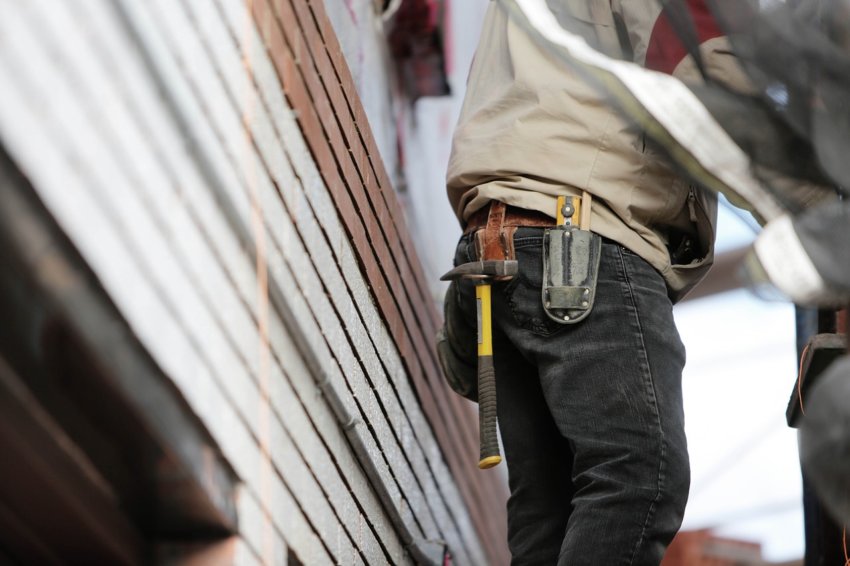Converting your garage into a living space is one of the easiest ways to add square footage to your house. Perhaps you’re looking for a home office but can’t give up a bedroom. Fortunately, your garage makes an excellent alternative. If you want to convert your garage into an office or a bedroom, keep in mind that it is a huge project. Moreover, it often requires a huge investment. Before you trust your investment to a contractor, run over these quick questions with them to make sure they know what they’re doing.
How Familiar are You With Permits
The permitting process required to convert your garage is extensive almost everywhere. For instance, every state, county, and city require their own permits before remodeling can begin. Many responsibilities fall to you as the homeowner, but some contractors will be more of a help to you than others. An expert’s help knowing what you should apply for and when will definitely help you get the permits you need before the work has to begin. Contractors who are willing to work with you in advance typically prove more willing to work with you as the project progresses.
Are You Going to Need False Walls
One huge factor in cost is whether or not your garage is going to need false walls. Some garages don’t, and you can use the “unfinished” wall look with no repercussions. When it works out, that’s excellent. However, some codes require walls to be finished. Some unfinished walls, in addition to being less pleasing to the eye, lack the insulation or wiring space you need to be comfortable in your new room. You should know whether or not you have to budget for the construction and/or installation of false walls. Chat it over with your contractor before and get their input; an experienced contractor should be able to tell as part of the estimate-level inspection whether or not you’ll need false walls. When you’re looking to convert your garage, every cent counts.
Are the Workers Insured to Convert Your Garage
One important order of business is to confirm that your contractor insures their workers. It’s imperative that they do, so you’re safe from liability during construction. When working with tools and heavy equipment, accidents can happen; even on a safe, well-prepared work site. If it happens on your site and the contractor isn’t insured, an injured worker may be able to name you when suing for safety. Insurance nips this in the bud and keeps everyone on the job site safer.
When you want to convert your garage, what you do ahead of time makes your life easier down the road. Ask your contractor about permits and insurance before you hire them. Get an estimate that includes whether or not your garage will need false walls. Go in well-prepared, and it’ll be smoother sailing.
